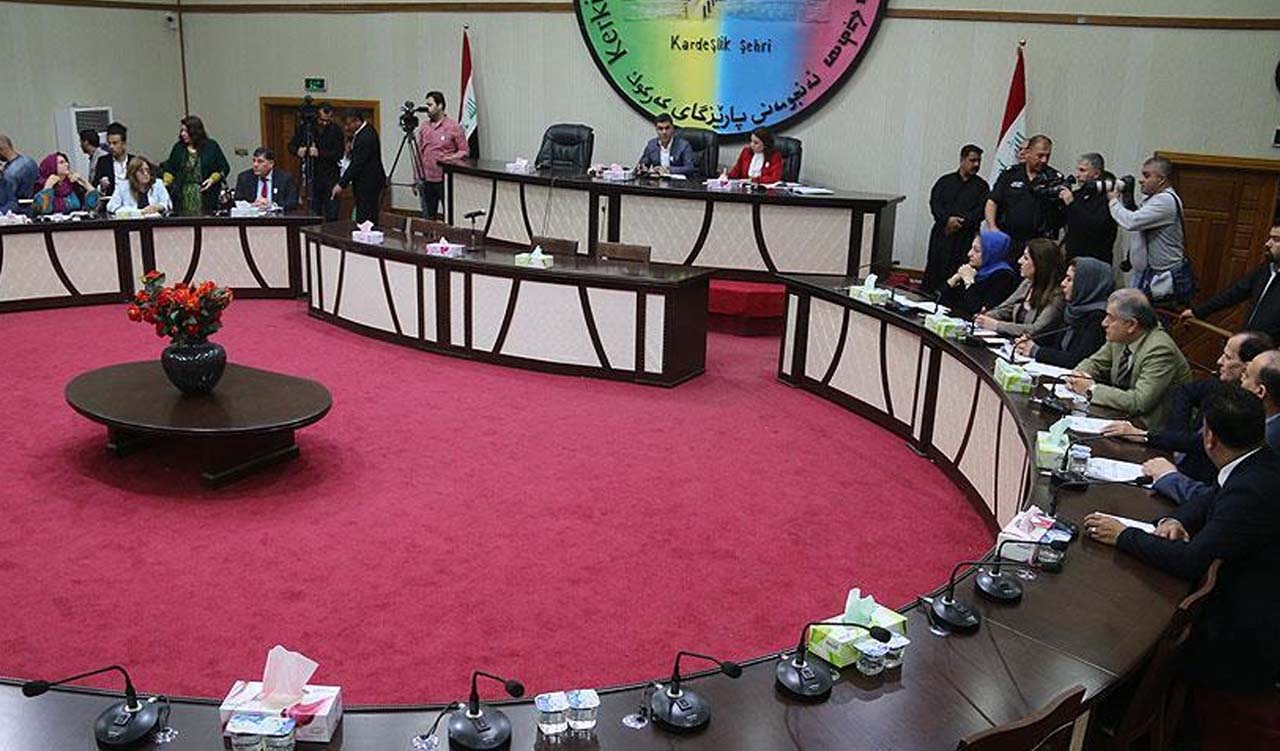Kirkuk governorship is a Kurdish entitlement, says KDP official
Despite filing a lawsuit against the election’s results, the KDP is ready to negotiate with the election winners to form local governments, the party spokesperson said.

ERBIL (Kurdistan24) – The next Kirkuk governor should be a Kurd as the Kurdish population in the oil-rich province has secured most of the latest provincial election’s votes, a Kurdistan Democratic Party (KDP) official told Kurdistan24 on Sunday.
Shakawan Abdulla, a member of the KDP Central Committee and the second deputy Iraqi speaker, said the Kurdish parties should negotiate with other components to form local government.
“Since the majority of the election's votes have been won by the Kurdish candidates, the Kirkuk governorship position is a Kurdish entitlement,” Abdulla told Kurdistan 24.
Out of the 16-chamber Kirkuk provincial council, Kurdish candidates have secured seven seats. The Patriotic Union of Kurdistan (PUK) obtained five seats while the KDP won two more seats.
Despite filing a lawsuit against the election’s results, the KDP is ready to negotiate with the election winners to form local governments, the party spokesperson said on Friday.
Following the ouster of the Iraqi regime's dictator Saddam Hussein in 2003, the first Kurdish governor was appointed to Kirkuk following the 2005 provincial elections.
The KDP was able to reopen its headquarters in Kirkuk following years of forced closure by the Iraqi security forces, imposing an unofficial ban on the party’s activities in the oil-rich province following the 2017 independence referendum.
Members of the parties complained during the election rallies that they were harassed on numerous occasions.
In a decade, Iraq was able to hold a new provincial election across 15 Iraqi provinces on Dec. 18.
The election turnout stood at 41 percent, a decrease from the 2013 provincial election turnout of 50 percent.
The low turnout partially contributed to the boycott of the elections by several Iraqi parties, including the Sadrists. Moqtada Al-Sadr, the Shiite firebrand, extended his gratitude to the boycotters.
The low turnout partially contributed to the boycott of the elections by several Iraqi parties, including the Sadrists. Moqtada Al-Sadr, the Shiite firebrand, extended his gratitude to the boycotters.
The United Nations Assistance Mission for Iraq (UNAMI) does not monitor the elections, as the Iraqi government did not request the UN to supervise the polls.